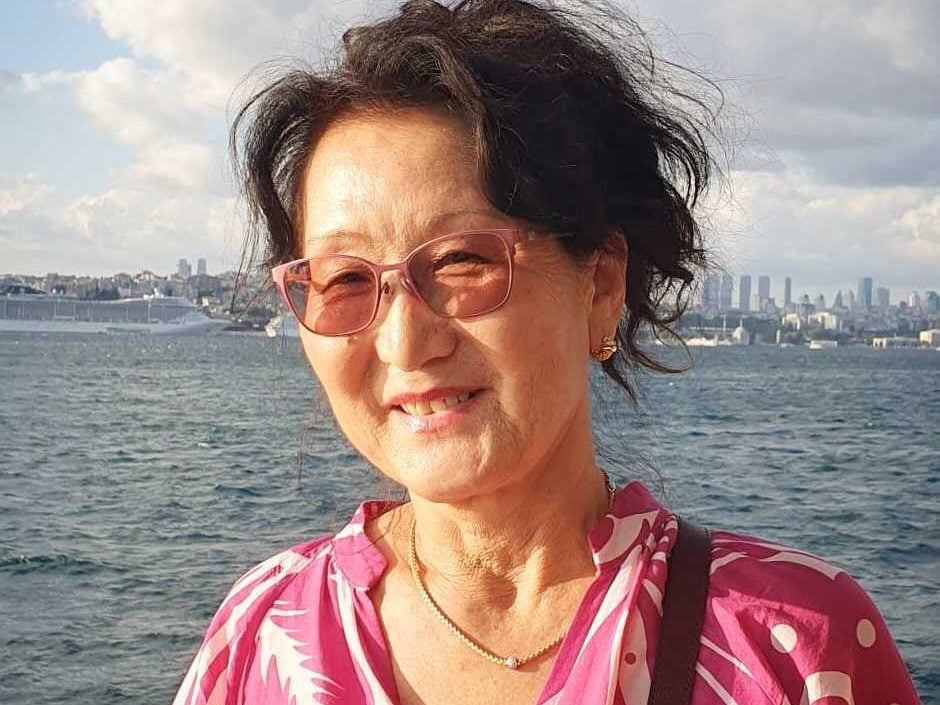Udmurts in the Russian Federation
Updated December 2020
£15/month
Related content
Reports and briefings
View all-
14 December 1994
The North Caucasus: Minorities at a Crossroads
The North Caucasus region stretches along the high peaks of the Caucasian mountains from the shores of the Black Sea in the north west to…
-
30 September 1992
The Native Peoples of the Russian Far North
‘Northern minorities’ is an official term for 26 indigenous peoples who live in a vast northern and Arctic territory (58 per…
-
1 January 1991
The Peoples of the USSR
This publication is currently unavailable. If you own a copy, please let us know.
Events
-
 Video on demand
Video on demand 17 October 2023 • 2:00 – 3:00 pm BST
Voices of the Nations of Russia – Maria Ochir-Goryaeva
Maria Alexandrovna Ochir-Goryaeva is a Russian Archaeologist and Doctor of Historical Sciences, author, corresponding member of the German…
-
Our strategy
We work with ethnic, religious and linguistic minorities, and indigenous peoples to secure their rights and promote understanding between communities.
-
-
